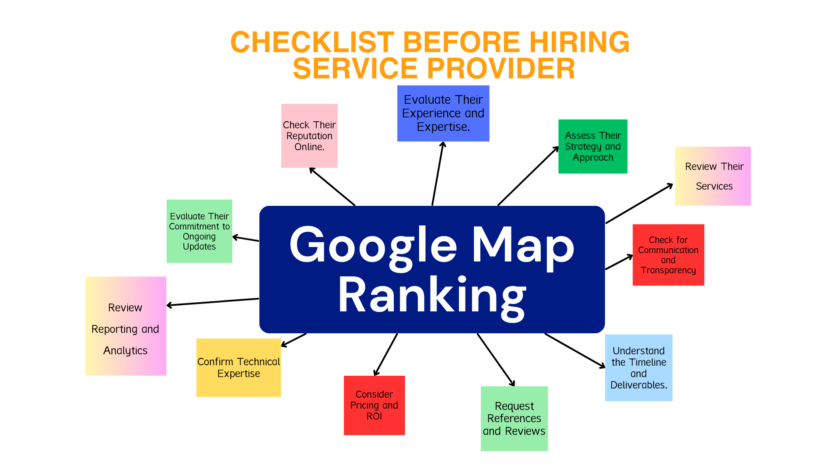Teachers and university professors are worried that ChatGPT, made by the Microsoft Corp.-backed Open AI, will have a detrimental effect on students by making cheating easier than ever.
ChatGPT, the artificial intelligence system that can produce sophisticated essays on complex subjects in seconds, will become the “calculator for writing,” according to a leading economist.
The New York City Department of Education banned chatGPT access on its networks, citing negative impacts on student learning, but a Stanford University professor thinks otherwise.
Erik Brynjolfsson, professor of economics and information technology at Stanford University, said the chat bot “will get rid of a lot of routine, rote type of work and at the same time people using it may be able to do more creative work.”
Teachers and university professors are worried that ChatGPT, made by the Microsoft Corp.-backed Open AI, will have a detrimental effect on students by making cheating easier than ever. It has already passed parts of the bar, the entrance exam for US law schools. Schools and universities are now adapting their syllabi and work flows to deal with the technology.
Brynjolfsson, who co-wrote the ground breaking 2014 book on AI, The Second Machine Age, spoke with Bloomberg on the side lines of the World Economic Forum in Davos. He said that does not believe the technology will replace thinking or writing. Instead, just as the calculator made basic mathematics straightforward, he expects ChatGPT to “augment our ability to write.”

He said, “If we do it right, the next 10 years will be some of the most interesting writing that we’ve ever seen.”
Why It’s Important: In the first week of January, the NYC education department restricted chatGPT access, noting concerns regarding student learning and the safety and accuracy of the content.
The decision was made after some educators voiced concerns about the technology enabling students to rely on it for writing assignments, making the entire learning methodology obsolete.
Previously, prominent venture capitalist Paul Graham has also voiced concerns about the adverse effects of chatGPT, saying if AI can save people from writing, it could keep them from having ideas too.
“The hype around this technology is legit,” he said. “It is roughly on the scale of progress as the deep learning machine algorithms in 2012 that ignited the whole surge in AI over the past decade. If we do it right, the next ten years will be some of the most interesting writing that we’ve ever seen.”


